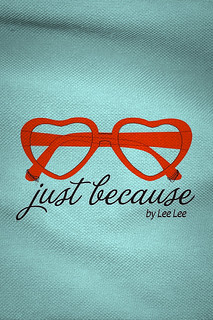Back in March, I came across an interesting discussion on reading the classics, and how it seems people today really struggle with said “classics.” (Sadly, I didn’t record where this discussion was. Brilliant. BAM! Thank you, Google and my memory!)
I’ve been thinking about the “classics” again recently. After (finally!) getting Netflix last month 
Victorian times must have been very bleak indeed if that passed for entertainment, and anyone wanted to read on. The plot doesn’t start in the first chapter. It doesn’t start in the second chapter. (At that point, my drive ended, and I haven’t felt compelled to pick it up again. Also, my Kindle has gone missing, so I can’t read it anyway…)
Now, we’re all very quick to claim that modern readers are dumber than those in the original audiences of these stories, or that TV has rotted our brains, etc. etc. etc., but as I said in my comment on the original post, I wonder if there’s actually a different reader phenomenon going on.
I highly doubt that every person who doesn’t enjoy pages upon pages of description is stupid, attention deficient or illiterate. Perhaps, however, we’ve become accustomed to not just the speed, but the “density” of modern storytelling, wherein we can only include the things that are significant to the characters and story. Then, when we read a text with a bit more latitude (lassitude? 😉 ) in this regard, we exhaust ourselves trying to catalog all these little “clues” for later significance, when really they aren’t significant to the story as a whole (and perhaps not even particularly significant to the scene).
Or maybe I was right before: the nineteenth century was so bleak that reading a treatise on whaling passed for fun.
What do you think? Are modern readers stupid? Or smarter than we give them (us) credit for?




 I can be highly obsessive. I can get so sucked into a story—my own or someone else’s. I can be consumed by that world.
I can be highly obsessive. I can get so sucked into a story—my own or someone else’s. I can be consumed by that world.

